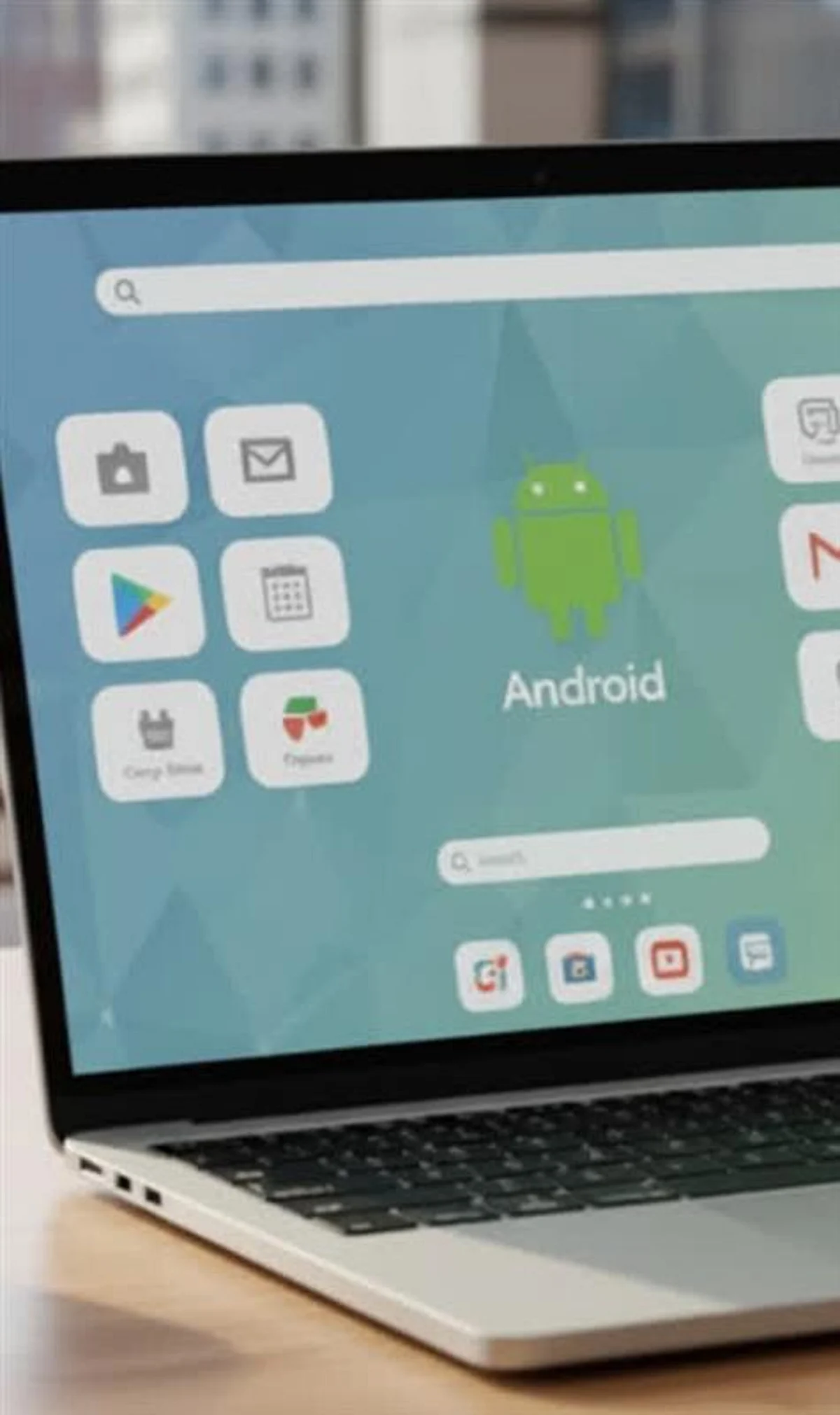Google has officially launched its Android for PCs, marking a significant expansion of its operating system into the personal computer market. This development offers users an alternative to the long-standing dominance of Windows by Microsoft. The introduction of Android for PCs could potentially reshape the landscape of PC operating systems.
With the release occurring in October 2023, Google aims to attract both casual users and developers who are familiar with the Android ecosystem. The new operating system allows users to run Android applications natively on their PCs, utilizing the same features and functionalities that have made Android a popular choice in mobile devices.
Features and Capabilities of Android for PCs
Android for PCs integrates seamlessly with existing Google services, enhancing productivity and connectivity. Users can expect a familiar interface, allowing for smooth transitions between devices. The operating system supports a wide range of applications, from productivity tools to entertainment options, all accessible through the Google Play Store.
One notable feature is the ability to use multiple applications simultaneously, thanks to its multitasking capabilities. This aligns with current user expectations for modern computing, where efficiency and ease of use are paramount. Moreover, Android for PCs is designed to optimize performance based on the hardware specifications of the device, providing a tailored experience for each user.
The launch also emphasizes security, with Google implementing several layers of protection to ensure user data remains secure. This includes regular updates and patches that are automatically applied, enhancing the overall user experience.
Potential Impact on the Market
The emergence of Android for PCs poses a challenge to Microsoft’s Windows, which has been the standard operating system for personal computers for decades. As more users seek alternatives, the competition may drive innovation and improvements in both platforms. According to industry analysts, this could lead to a more diverse ecosystem, benefiting consumers with more choices.
Market analysts are closely monitoring user adoption rates and the operating system’s performance in real-world applications. While Windows currently holds a significant market share, the entry of Google into this space could disrupt established norms.
The question remains whether Android for PCs can carve out a substantial niche in an already competitive market. Some experts suggest that its success will hinge on how well it integrates with existing hardware and software environments.
In conclusion, Google’s launch of Android for PCs represents a bold step into the computer operating system market. As this new platform develops, both consumers and industry observers will be keen to see how it influences the ongoing rivalry between Google and Microsoft. The future of PC operating systems may very well hinge on this significant development.






































































